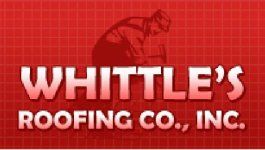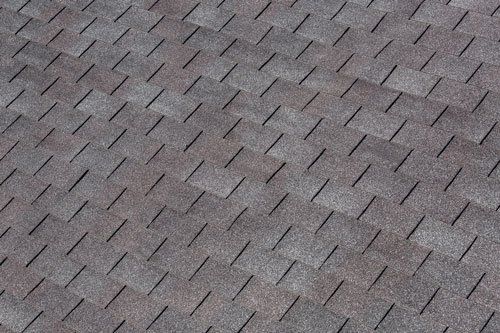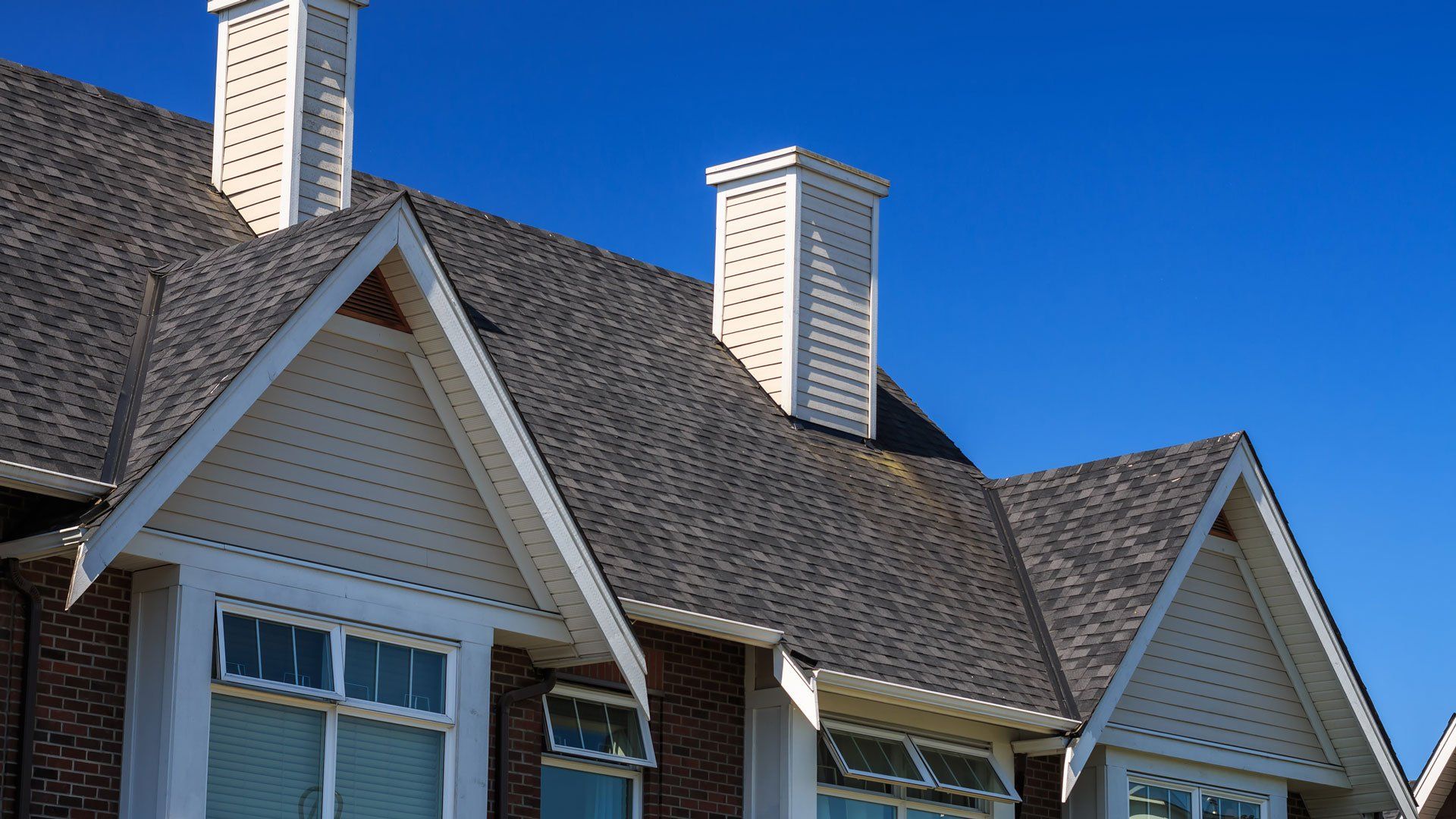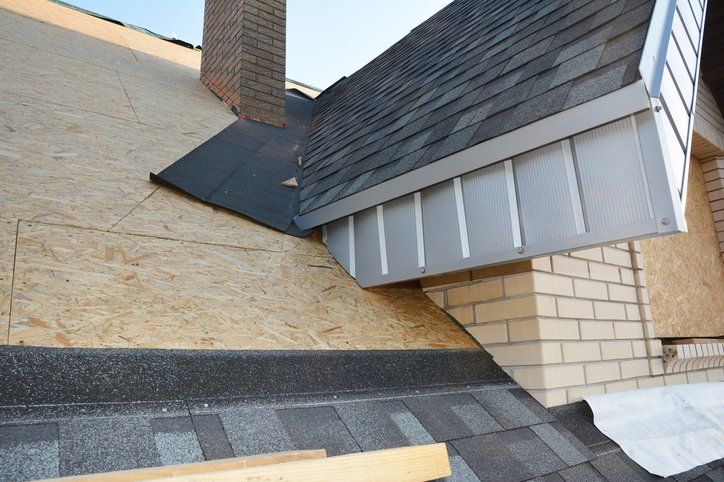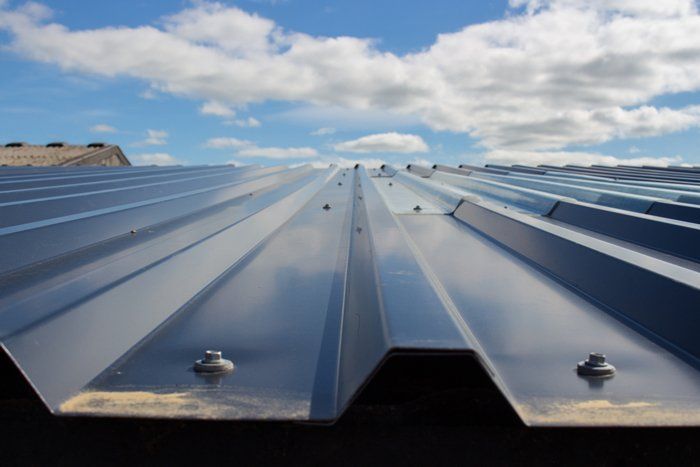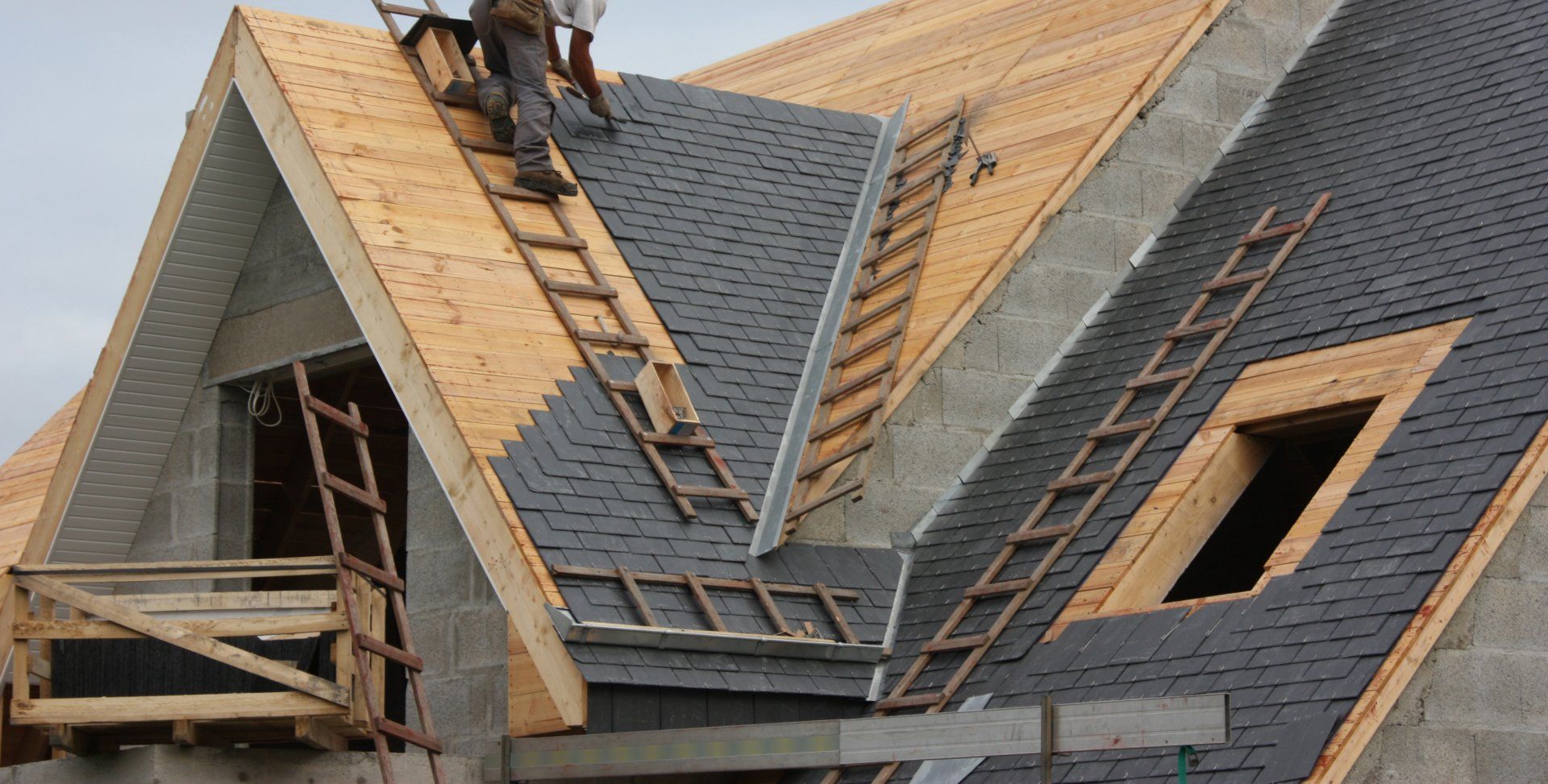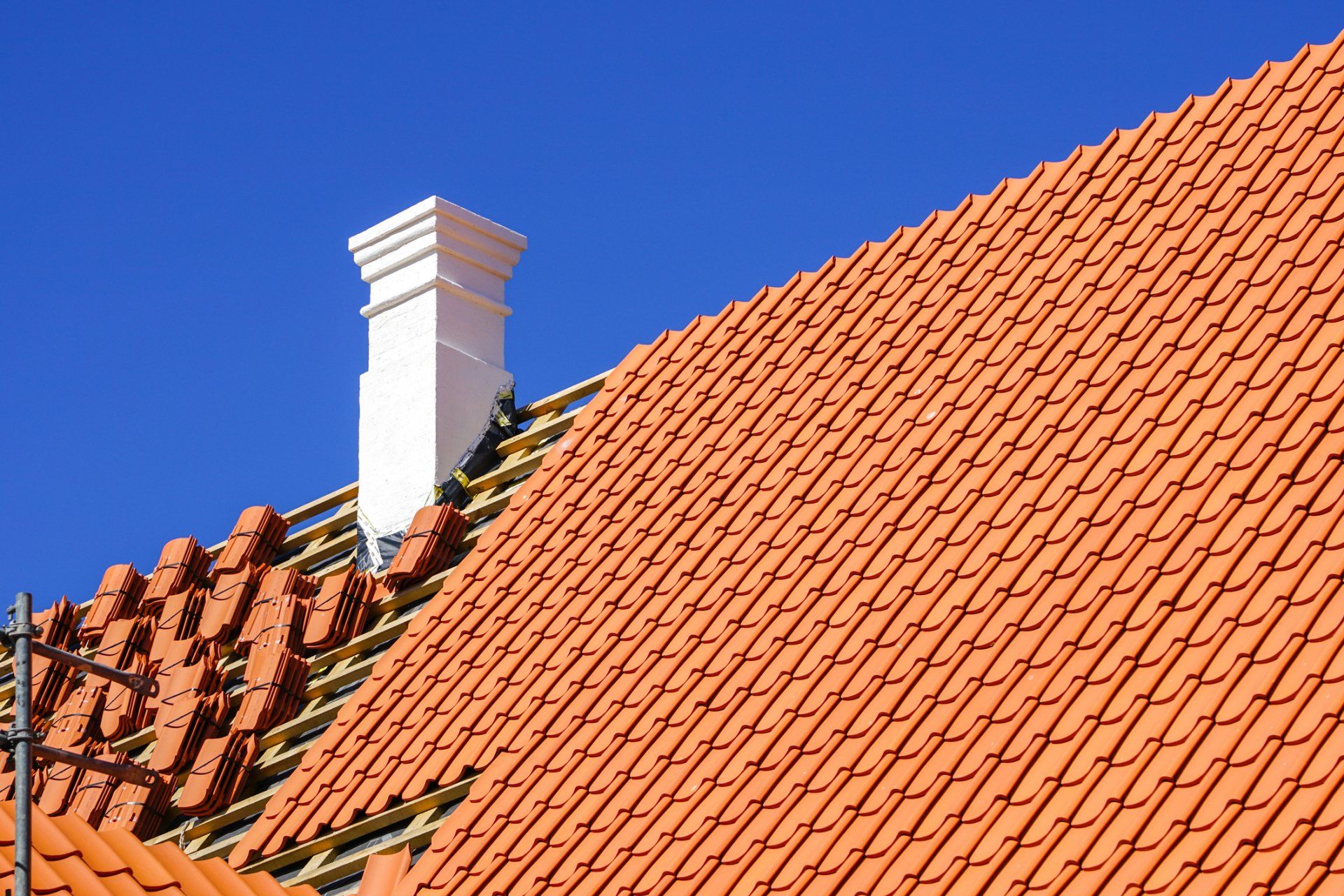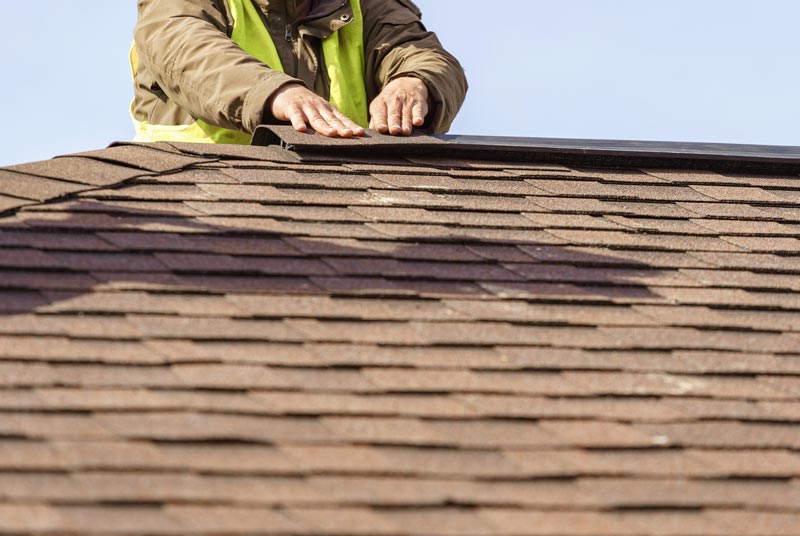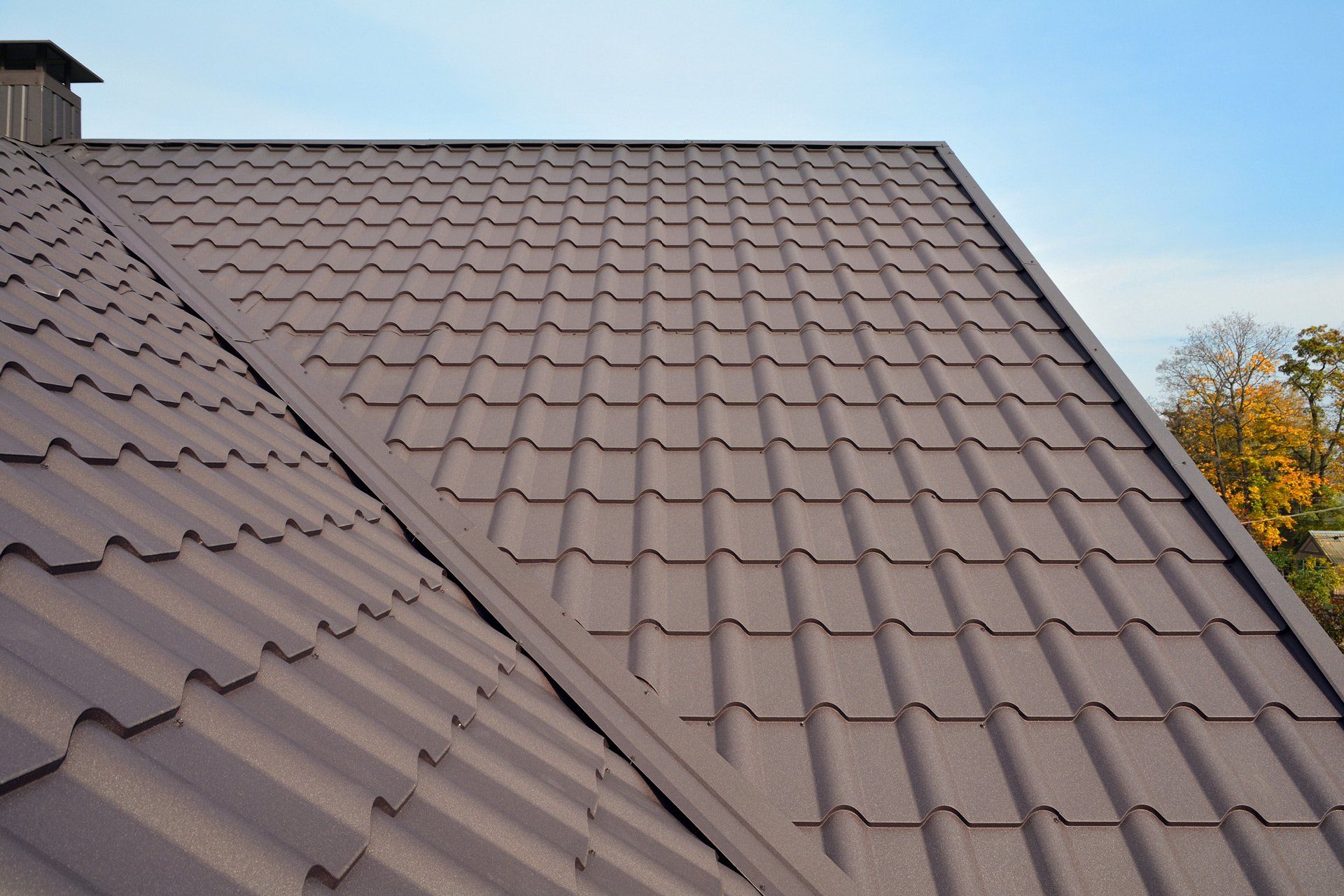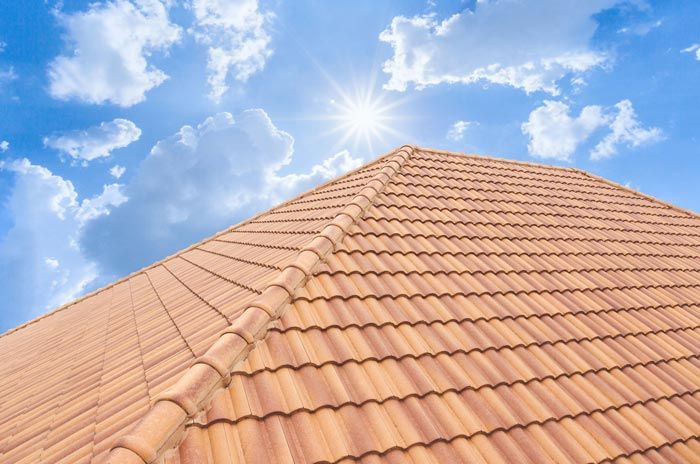THE BENEFITS OF COMPOSITE SHINGLES
Whether you are moving into an older home that needs updating or have a roof that is unappealing, leaking, and in need of repair, a roof replacement may be a key task on your priority list. Yet roof replacement can be an overwhelming process, especially since you have so many materials to consider.
From asphalt and metal to cedar shake, knowing which option is right for you and your home can be a challenge. With this guide, you will learn all about composite shingles. You can use this information to decide whether composite shingles are the right option for your home's new roof.
Composition
One of the most important things to know is what is used in the manufacturing of composite shingles. As the name implies, composite shingles consist of a mix of several different substances.
In most cases, composite shingles consist of a combination of fiberglass, asphalt, and other recycled materials. The combination of materials is not only eco-friendly but also lighter and easier to install.
Even though they cost more than traditional asphalt shingles, composite shingles offer benefits that make the cost a worthwhile investment.
Durability
A new roof, no matter what material you use, creates a sturdy and safe shelter while improving the curb appeal and value of your home. However, not all roofing materials are created equal in terms of durability.
Composite shingles are lighter, but that does not mean they are less durable than asphalt shingles. The combination of materials and the additives used in the manufacturing process offer enormous protection from different weather elements.
Wind Resistance
If you live in an area that is prone to high wind, you may be surprised to learn that composite shingles will be an ideal cover for your roof. While most shingles offer protection from wind gusts up to 60mph, high-quality composite shingles can withstand wind gusts of up to 130mph.
UV Protection
Fading is an issue many homes with traditional roofing shingles face. A wide variety of recycled ingredients are used to manufacturer composite shingles, but special additives that offer UV protection are used as well. These additives protect your shingles from the harmful UV rays of the sun, decreasing the risk of any fading.
Fire Resistance
Certain shingles are more fireproof than others. Each shingle type is rated either A, B, C, or unrated, with an A rating offering the best protection from fire. Asphalt/fiberglass composite shingles are given an A fire rating because they are manufactured using non-flammable materials and non-combustible ingredients.
Moisture Protection
In periods of heavy rain, sleet, or snow, you may be concerned about roof damage. Fortunately, composite shingles act as a protective shell over your roof, reducing any risk of moisture damage.
Composite shingles don’t often warp or crack, especially when compared to asphalt shingles or cedar shakes.
Versatility
Another benefit of composite shingles is the versatility they offer. These shingles are available in a wide array of colors, which you or your roofing professional can mix and match to create an architecturally appealing roof for your home.
Installing complementing composite shingles will improve curb appeal, making your home more valuable.
Extended Lifespan
Replacing your roof is not a project you want to take on every few years. Thankfully, composite roofing shingles will stand the test of time.
While traditional asphalt shingles have an average lifespan of 20 years, composite shingles are designed to last much longer. In addition, most manufacturers offer longer warranties on composite shingles because of their durability.
To get started on your roof replacement, call Whittle's Roofing Co., Inc., today. We’ll be happy to install your new roof with precision and skill.
Address: Whittle's Roofing Co. Inc. P.O. Box 571 Newberry, FL 32669
Business Hours:
- Mon - Fri
- -
- Sat - Sun
- Closed
We Take Emergency Calls
Payment Options:


